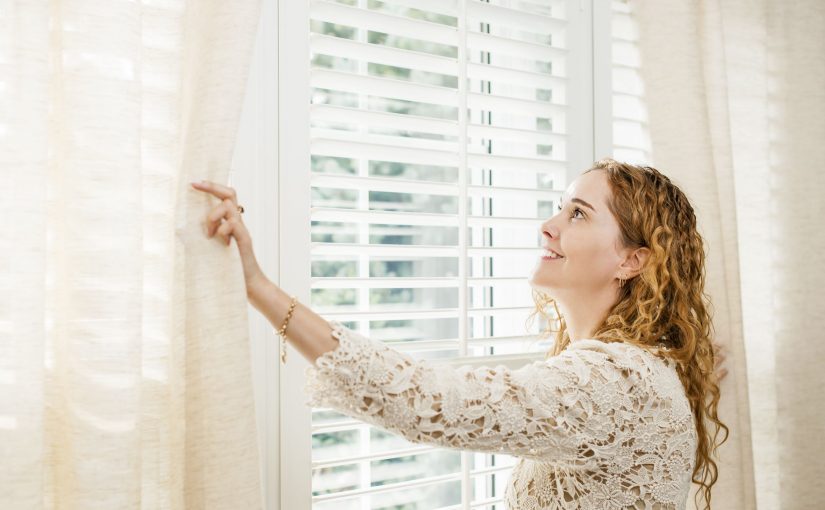The weather has changed and it’s obvious. It almost seems like we went from decently cool to needing our heaters with a snap of someone’s fingers! As always, make sure you have your system checked and that you’re good to go for the rest of the season (and call Air Handlers if you notice problems).
While your heater can help keep your home warm, you may be wondering about what you can do to make sure that your heater doesn’t work overtime. If so, here are a few simple tips we have to help your system work smarter, not harder.
Curtains, curtains, curtains: While it seems simple, this is easy to forget or overlook. When the sun is out and shining, open the curtains facing the sun so that some natural heat will be pulled into the house. Of course, closing the curtains on cloudy days or after dark will act as an extra bit of insulation to keep some warmth inside.
Maximize the flow: Make sure that warm air from your vents can move as freely as possible. For instance, you may want to sit close to a vent for that warm air to hit you, but it is better to move your chair or couch so that the air can go as far as possible to more efficiently heat your home.
Block the cracks: While things like making sure windows are properly sealed are standard knowledge, you should consider blocking the spaces around your doors, too.
